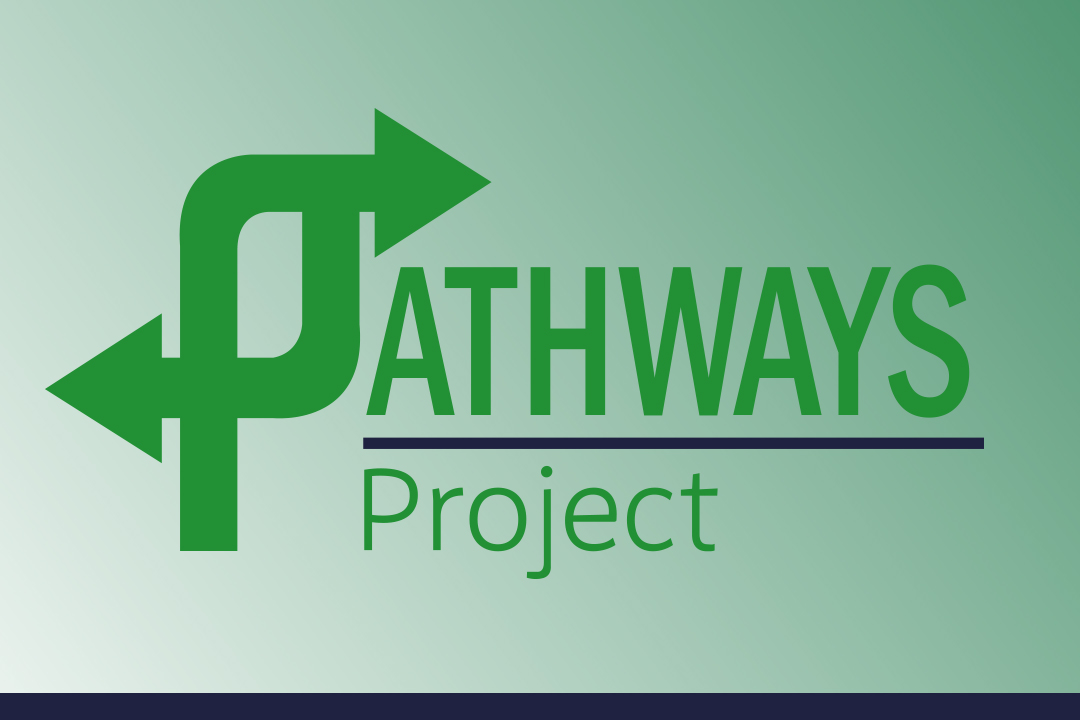A study known as the Pathways Project may ultimately impact as many as 100,000 patients in the United States.
GW Nursing’s Dr. Dale Lupu is co-principal investigator on a $2.4 million grant aimed at improving quality of care for end-of-life renal disease patients.
“This project will find ways they can have better support and care at the end of life. It’s not only about dying, it’s about making the care more patient-centered from the moment of diagnosis,” Dr. Lupu said.
Kidney patients in the U.S. face a deficit in supportive, also called palliative, care. Instead, they often receive the harsher dialysis. The fastest-growing population of patients receiving dialysis is older than 75 years; these older patients may also have two or more chronic diseases. Dialysis may not be the best option as it may not extend their life but reduce quality of life. Families of dialysis patients rate the quality of their loved ones’ end-of-life care worse than the families of those with cancer and other chronic conditions.
Other countries offer disease management without dialysis, but treatment in the U.S. tends toward the more aggressive.
The second phase of the Pathways Project, based at GW Nursing in collaboration with West Virginia University, begins this month and focuses on the implementation of best practices. This phase will answer the project’s central research question of whether a quality improvement approach to spreading supportive care best practices at dialysis centers and affiliated clinics will measurably increase the provision of supportive care best practices.
“We are so pleased that the Pathways Project has found a home here at GW Nursing. This important research will make a positive impact on kidney patients and their families,” said GW Nursing Dean Pamela Jeffries.
Experts have put out a number of guidelines and articles calling for more supportive kidney care, Dr. Lupu said. Now health care providers will figure out how to implement them, she said.
“It’s about the nitty gritty details of making new models of care, and of figuring out what actually works to deliver more patient centered care,” Dr. Lupu said.
“We are working with the leading dialysis centers and teams in their communities,” said Dr. Dale Lupu.
“These are centers who are willing to innovate, to risk trying something new,” she said.
Findings from the Pathways Project will also be useful to other specialties, such as cardiology, seeking to integrate more primary palliative care into care models for patients with other diseases.
The Pathways Project is the first attempt to implement supportive care at multiple sites in the United States. Other countries including Canada, Australia, and Great Britain are implementing supportive care, it is not yet known how to integrate it into the unique nephrology environment in the United States.
In the first phase, the Pathways Project developed 14 evidence-based best practice recommendations designed to bring about improvement in supportive care delivery for patients with kidney disease. A technical expert panel defined the ideal care system for seriously ill patients with kidney disease.
In this ideal patient-centered system, patient preferences, goals, and values are discussed and respected, patients receive treatment in keeping with their goals, and patients and families receive the support, resources, and assistance to help them prepare for end of life care.
The Pathways Project is funded by the Gordon and Betty Moore Foundation.


